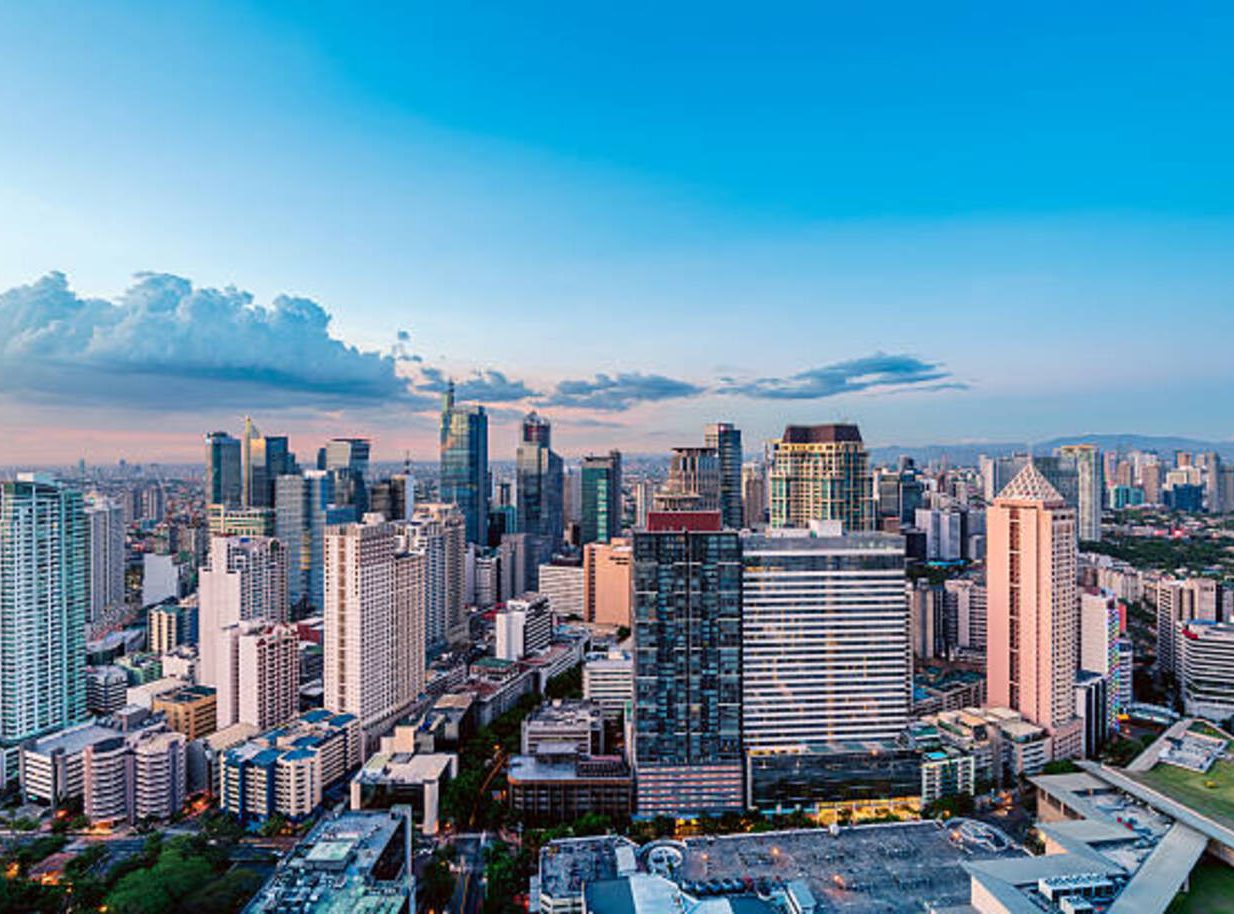Tax on properties
- I bought an apartment, and I rent it. How much tax will I have to pay in the Philippines?
Let’s take the example of a 6.000.000.00 php apartment in the beautiful neighborhoods of Manila. I rent this apartment at 40.000,00 php per month
The property tax calculated according to the place will be equal to 1% of 50% of the value of the property, i.e.: (6,000,000 x 50%) x 1% = 30,000.00 php per year
The property income tax (resident or more than 180 days in the Philippines) is 3%, i.e. with a rent of php 40,000.00 per month (40,000.00 x 12) x 3% = php 14,400.00 per year
The property income tax (non-resident) is 25% for a rent of 15,000 php per month (15,000.00 x 12) x 25% = 45,000.00 php per year
- If I am French living in France, do I have to declare his income to French taxes?
Yes. You must take out a declaration n ° 2047 if your household, that is to say yourself, your spouse or your dependents has collected income outside the metropolitan France and the overseas departments.
No. You will not be taxable on this income under the agreement signed between France and the Philippines that avoids double taxation.
MANAGEMENT FEES OF THE BUILDING
- Why pay condominium fees?
Condominium fees are monthly contributions, paid by the owner or tenant, intended for the proper functioning of the entire building. The fixed amount is paid to the syndic of co-ownership. A purchaser automatically becomes a member of the trustee as soon as:delivery of the apartment the signing of the deed of sale (Deed of Absolute Sale)when the transfer of the title in the name of the purchaser has been made
- Who collects your payments?
The property manager’s office is responsible for collecting trustee dues and other condominium fees. The management service is employed by the builder or developer of the building (condominium). It provides the services residents require, including security personnel, maintenance staff, janitorial services and other services necessary for the maintenance of the building.
- What are these condominium fees for?
Acquiring an apartment within a condominium gives you the opportunity to enjoy amenities such as swimming pools and playgrounds without the worry of maintenance.
Your contributions to the syndic of co-ownership are intended for the maintenance of equipment, repairs, taxes and permits related to the work, salaries of the employees of the co-ownership (property management staff, maintenance staff, security personnel, etc.), utility charges for common areas, and other miscellaneous costs necessary for the maintenance and proper functioning of all common areas.
- How much do condominium fees cost?
The amount of contributions to the syndic of co-ownership varies from one condominium to another, depending on the latter’s operating expenses. If the condominium offers more amenities, the charges will likely be higher.
Charges are calculated according to the size (total area in square meters) of your apartment, including the balcony, if you have it.
For example, within Park Tower one in Cebu City, condominium fees cost PHP 92.00/m² excluding VAT. Thus, if you own a 70m² apartment with a 5m² balcony, you are liable for an amount of 6,900 PHP/month plus VAT (12%) for a total of 7,728 PHP/month
- What are the possible penalties if you are unable to pay?
You may be charged a penalty, between 3% and 4% interest if you do not pay your association dues on time. And if you continue not to pay at all, the manager may deny you access to equipment or suspend electricity and water services.
- When will I start contributing?
Once the keys to your apartment have been given to you by the builder. Whether you develop it or not, whether your apartment is waiting for a tenant or even if no one occupies it, you still have to pay the charges.
- Are condominium fees subject to taxes?
Yes. Contributions to the syndic of co-ownership and other fees collected by the latter are subject to value added tax (VAT). In the Philippines, in 2016, VAT amounted to 12%.
- Can I pay condo fees annually instead of monthly?
Some builders offer a discount if you pay your condominium fees annually in a lump sum. For example, DMCI Homes deducts the equivalent of one month from your annual payment.
- Can I refuse to be a member of the syndic of co-ownership?
According to the law, membership in the trustee must be voluntary, unless otherwise stipulated in the contract, the deed of sale, or title deed. You can therefore choose not to become a member. However, Republic Act 9904, states that the owner will be entitled to benefit from community services and facilities, provided he/she pays the condominium fees.
- As a member of the co-ownership trustee, am I required to attend meetings?
The co-ownership trustee governs the rules on the use of common equipment, budget, maintenance, repairs, complaints, etc. Meetings are necessary to ensure the proper functioning of the building. You are therefore encouraged to be present at these meetings, to participate, to vote and to be eligible for office.
Opko Finance, an accounting and outsourcing services company based in Asia and managed by a French expatriate, helps Start up, SME, Entrepreneurs, subsidiaries of big companies to set up and develop their business in the best hubs in Asia and Middle East, faster and with fewer resources through outsourcing solutions in the Philippines.
For any information on investing in properties in the Philippines, please contact our team to info@opkofinance.com.
#outsourcing #outsourcedAccountingPhilippines #outsourcedBackOfficeServices #InvestInThePhilippines







